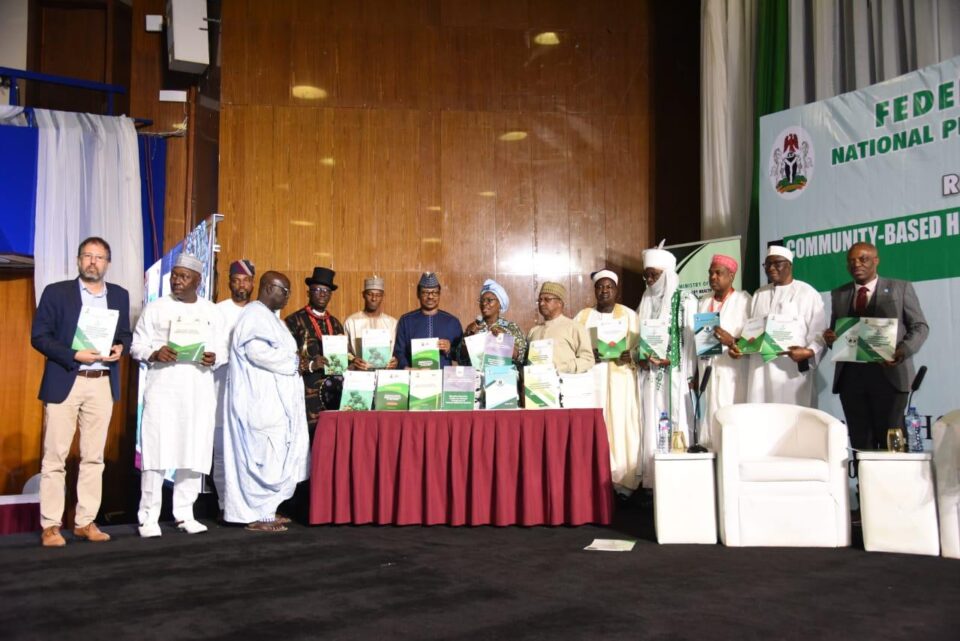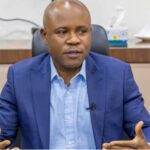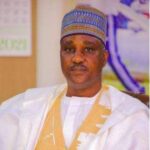By Hassan Zaggi
The Vice President, Prof. Yemi Osinbajo, has expressed optimism that the Community-Based Health Research Innovative Training and Services Program (CRISP) will make skilled health workers from teaching hospitals and federal medical centres available to offer services in the Primary Healthcare Centres (PHCs) in all states of the federation.
Speaking while launching the initiative in Abuja, Monday, the Vice President insisted that the CRISP will also be leveraged to ensure capacity transfer to, and mentorship of PHC workers as well as promotion of best practices in community health.
Represented by the Minister of Women Affairs, Pauline Tallen, the Vice Presidenty reiterated his firm belief that the “effective implementation of this initiative will help to fast track the attainment of Universal Health Coverage (UHC) as well as reduction in preventable maternal and child mortalities in Nigeria.”
Prof Osinbajo insisted that: “There is not a single country in the world that can boast of effective health care delivery without adequate and well distributed human resource for health.
“No matter how much of a masterpiece the architecture of a health facility is, or how sophisticated the equipment are, or even the availability of the commodities, a health care delivery system will not function optimally if there are not enough skilled workers.
“For this reason, I think there is no better way to tackle the challenges of health care delivery in Nigeria than to close the gaps on the equitable availability of skilled health workers in our PHC facilities, this can be achieved by a creative measure such as the Community-based health Research, Innovative Training and Services Programme.”
On his part, the Minister of Health, Osagie Ehanire, explained that CRISP initiative was one of the programmatic ways of achieving the first of the interrelated 4-point agenda on PHC transformation in Nigeria.
CRISP, according to him, “is a partnership between the National Primary Health Care Development Agency (NPHCDA), the tertiary teaching hospitals, the Federal Medical Centres, the State Primary Health Care Boards, Local Government Areas and the communities to support PHC development.
“The initiative will leverage our teaching hospitals and federal medical centres in all the states of the federation to pull together skilled health care workers to the primary health care centres in our communities where they will routinely provide services and mentorship, as well as build the capacity of the PHC workers.
“CRISP has been carefully conceptualized and designed in ways that would be helpful towards the realisation of government’s vision of UHC.”
Osagie, however, charged traditional rulers and religious leaders to demand from the incoming governors complete PHC for their communities.
Speaking, the Executive Director, NPHCDA, Dr. Faisal Shuaib, charged Non Governmental Organisations (NGOs) in the country to key into the initiative.
He, however, warned that any other programme introduced by NGOs that does not align with the CRISP will be rejected.
The CRISP initiative, he noted, was a practical research done in Nigeria.
Dr. Faisal, however, revealed that with this initiative, it is a possibility to carry out simple surgeries in the PHC because of the availability of quality experts.
He disclosed that the initiative is sustainable for the next 7 years and that the initiative will cover the entire country by 2030.
He, therefore, called for the political will to prioritise primary health care by governments at all levels.



